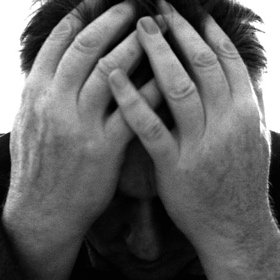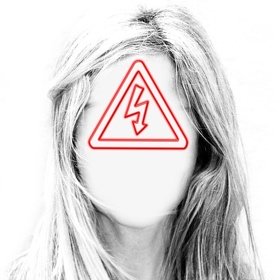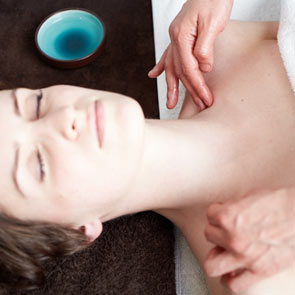
Uncovering the links between stress and the gall bladder.
 In modern society, intense competition, time-pressure, difficult relationships and the strains of family life have become the main causes of stress.
In modern society, intense competition, time-pressure, difficult relationships and the strains of family life have become the main causes of stress.
Stress is a psychological problem but it also causes a physical response as it is manifested as muscle tension along the sinew and primary gall bladder channel. Traditional Chinese medicine (TCM) can help illuminate why this happens and help us understand effective ways to treat it.
Let’s explore them.
How TCM understands the gall bladder
The gall bladder is seen as having an important role in mental activities by TCM. For this reason it is viewed as the main organ that is involved in creating and relieving stress syndromes. If a state of mental stress goes unrelieved for a long time, increased muscle tension can cause headache and stiffness and pain of the neck-shoulder, which in turn aggravates stress.
The findings of TCM are echoed by western medicine which sees psychological factors as the main causes of muscle tension that can cause headache and neck pain.
When the gall bladder’s energy is strong, it has a strong influence on our abilities to make effective and quick decisions. Without this strength, however, people are unable to adjust to the pressures of modern life and can easily be overcome by these effects of the stresses in their lives.
What are the symptoms of stress?
- Fatigue
- Attention deficit disorders
- Irritability
- Shallow breathing
- Gastro-intestinal disorders
- Anxiety, fear and insomnia
- Chronic facial pain
- Migraines or headaches
- Pain of the neck and shoulder, sometimes felt over the whole left or right side of the body
- Muscle tension around the head and shoulder area
How TCM treats stress
The purpose of the treatment is to remove energy stagnation from the organs (particularly the liver and gallbladder) and channels, to relax tendons, relieve muscle tension and ultimately alleviate mental stress and depression.
The main acupuncture point used to treat stress is known as Yanglingquan GB-34.
GB-34 allows the acupuncturist to direct the energy down from the upper part of the body where the main stress symptoms are located.
GB-34 has a strong effect on the regulation of the gall bladder. This helps relax muscle tension and relieve stress.
Again western medicine has found that the ancient practice of TCM can be effective here. The use of needles at GB-34 causes the contraction of the gallbladder organ and this promotes the secretion of bile. It has also been demonstrated to increase the concentration of gamma-aminobutyric acid (GABA) in the cerebrospinal fluid, thereby relieving spasm.
Indeed in western medicine stress is often treated by administration of GABA, the amino acid that acts as a neurotransmitter in the central nervous system. GABA is essential for brain metabolism, brain function and for preventing anxiety- and stress-related messages from reaching the motor centres of the brain. GABA is also effective in treating attention deficit disorders.
Needling GB-34 in TCM is similar in function to the administration of GABA in western medicine. However, there is one critical difference: acupuncture relies on encouraging the body to heal itself as it stimulates the body’s own innate production of the amino acid.

Shine is a collaborative community of independent professionals, working together to help you look good and feel great.

Should a cancellation or date change be necessary, we politely request 24 hours notice or a charge will apply for all treatments. This is 50% on Hair & Beauty and 100% on Health.
To avoid disappointment, punctuality for appointments is greatly appreciated.
 Report an issue.
Report an issue.
Sometimes website display issues can be fixed with a hard refresh. If this does not resolve the problem, please complete a bug report below.
By submitting this form a screenshot will be taken of this website as YOU currently see it which include sensitive information. You also agree to diagnostic information being taken including but not limited to: Browser type (Chrome/Firefox, IE etc), Operating System and IP Addresss. We may attempt to contact you in order to help resolve the issue you are reporting to us.Thank you! Our technical team will look at this issue shortly.





